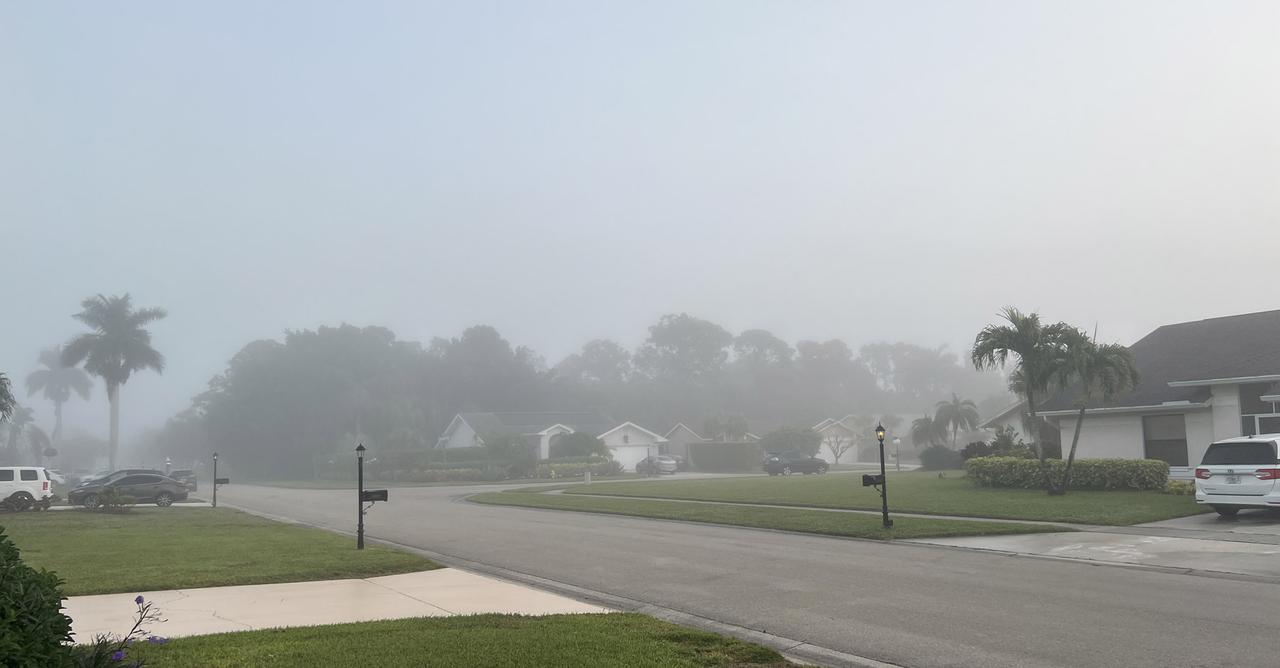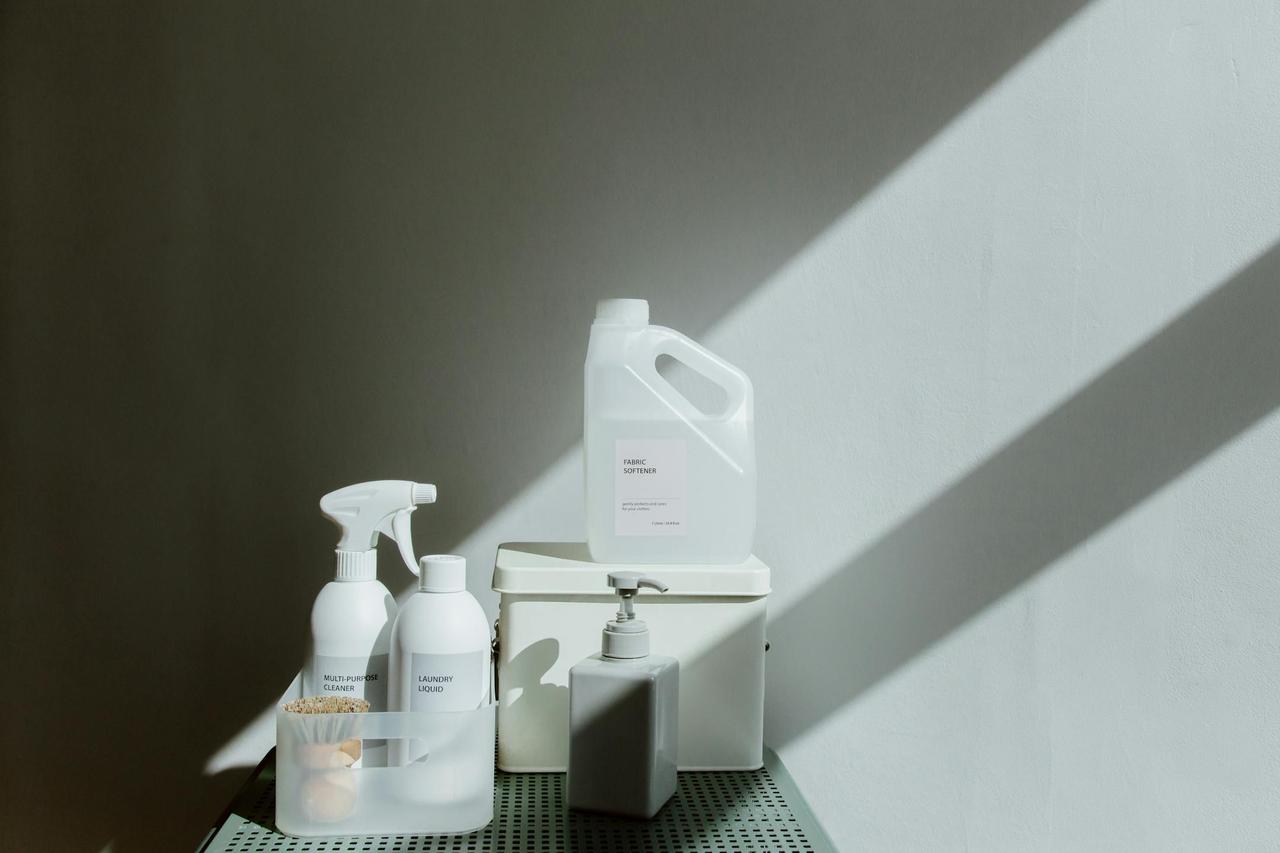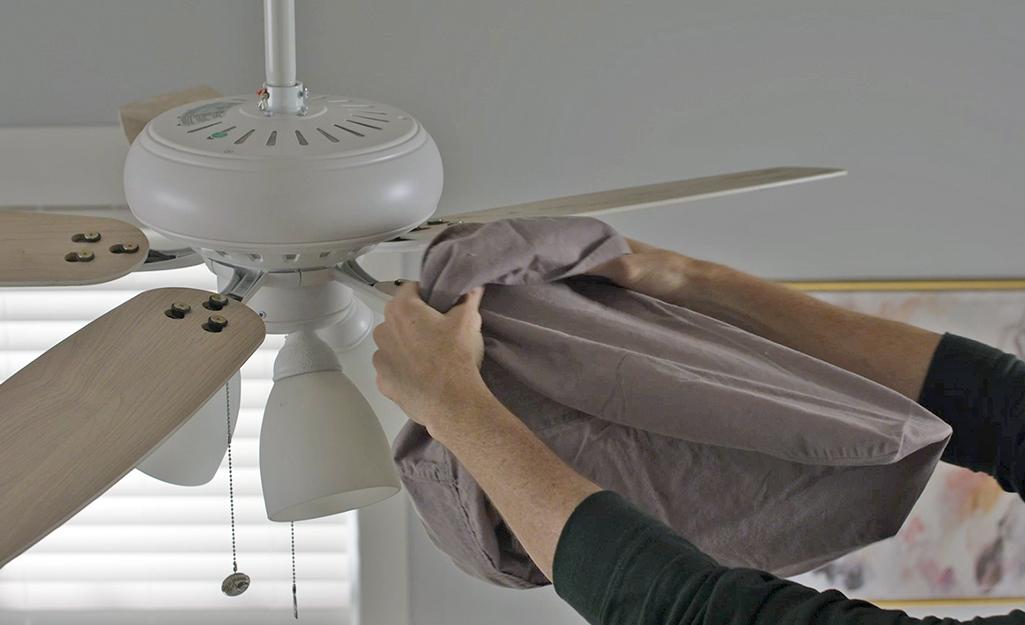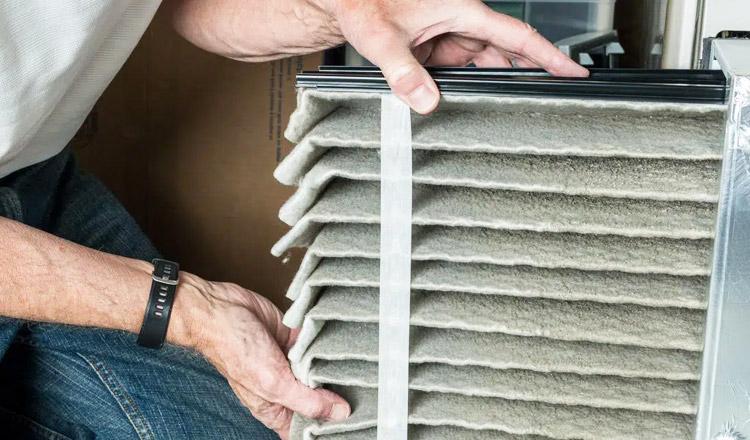Right now in Houston (September 2025), ragweed pollen is peaking. The Houston Health Department reports heavy weed pollen, with ragweed making up about 85 of 125 grains per cubic meter of air. Combined with elevated mold spore counts after recent rains, many residents are seeing allergy symptoms flare up indoors. Houston Chronicle+1

A misty morning in The Heights, Houston — local weather conditions can intensify mold and pollen exposure during allergy season
How Indoor Spaces Can Make Allergies Worse
Even spotless homes can trap allergens in:

Allergens like pet dander and pollen settle into carpets and rugs — especially in pet-friendly homes around Montrose and West U
It’s not about surface dusting. Deep cleaning targets:
Green products protect your air — especially during allergy peaks. Look for:

Eco-friendly, non-toxic cleaners reduce chemical exposure while safely eliminating dust and allergens — a better choice for sensitive households in River Oaks and beyond
You might if:

Common allergen buildup on fan blades — a hidden source of indoor irritation during Houston’s high pollen season
Pollen and mold counts in Houston are publicly available via the Houston Health Department daily reports (Mon‑Fri), which show elevated readings during late summer and early fall. Houston Health Department

Replacing your HVAC filter and using a HEPA vacuum regularly helps trap and reduce allergens in Houston homes during ragweed season.
With ragweed and mold at seasonal highs, now is the moment to act. A thorough, eco‑friendly deep clean can help:

How often should I deep clean during Houston’s allergy season?
For allergy-prone homes (pets, carpets, pollen-heavy areas), we recommend every 3–4 months, with extra attention during September–October when ragweed and mold are highest.
What’s the difference between regular and deep cleaning?
Regular cleaning focuses on visible surfaces. Deep cleaning targets hidden allergen zones — vents, grout, under appliances, upholstery, and high-dust areas that are often skipped.
Are eco-friendly products actually effective?
Yes! Products with certifications like EPA Safer Choice are not only effective but reduce exposure to VOCs, fragrances, and residues that can worsen allergy symptoms.
What is the “EPA Safer Choice” label and why should I trust it?
The EPA Safer Choice label is a certification for cleaning products that meet strict standards for ingredient safety, packaging, performance, and environmental impact. Products with that label have been reviewed and vetted by EPA for reduced VOCs and safer chemicals. US EPA+1
Still sneezing indoors or feeling stuffy even after regular cleaning? Your home might be harboring hidden allergens.
👉 Let’s talk about your indoor air quality — ask about a seasonal deep clean designed just for Houston homes.
Bonus: New clients get $50 off their first service this fall.
Move-in/move-out, post-renovation, or high-pollen neighborhoods require deeper cleaning.
Learn more about our Move-In/Move-Out Cleaning Services and how they support seasonal allergy prevention.
Stay updated on our news and events! Sign up to receive our newsletter.